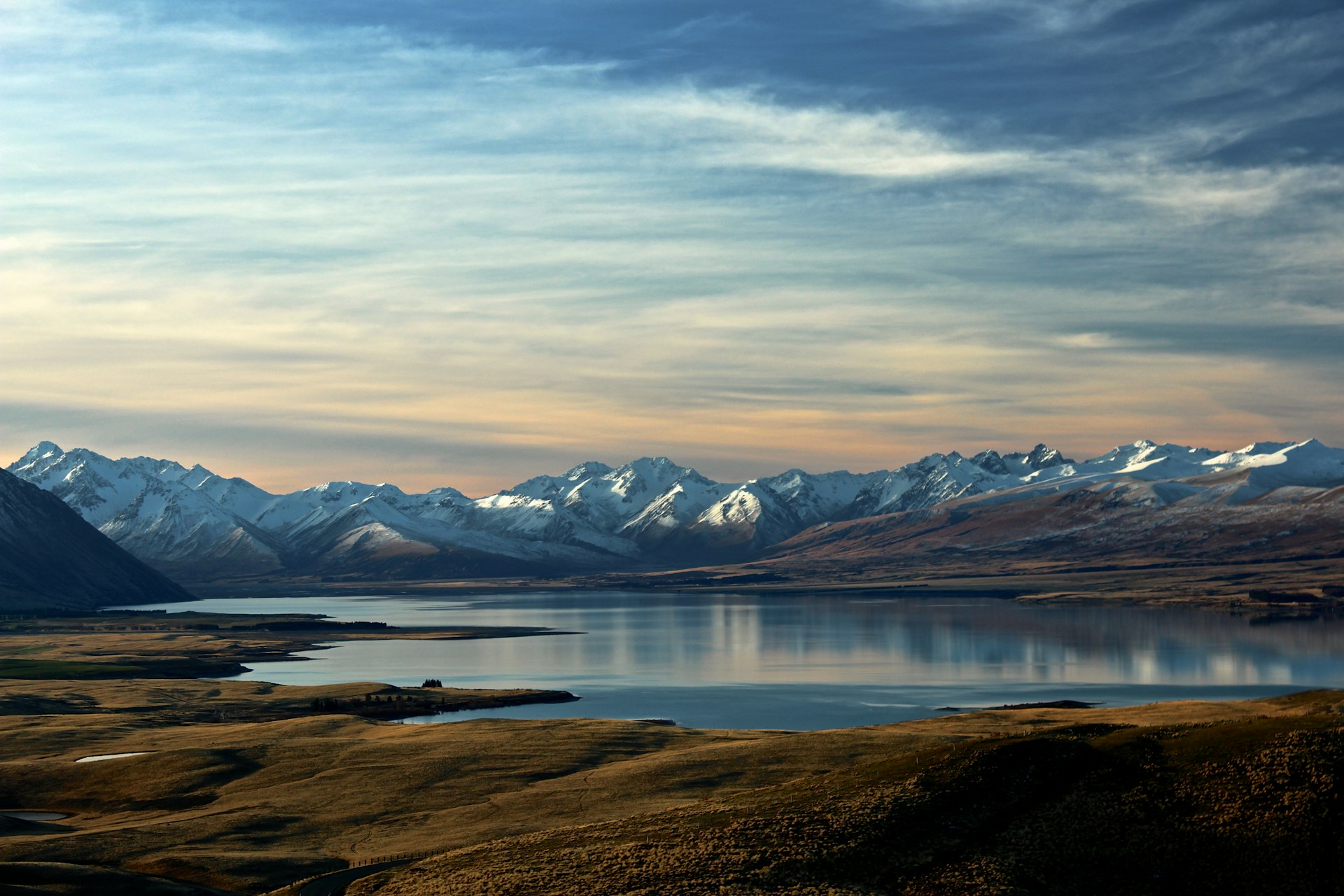| Fishing will close starting Oct. 1 for sections of the Big Hole, Ruby and Beaverhead rivers to protect trout during spawning season. |
|

| Fishing will close starting Oct. 1 for sections of the Big Hole, Ruby and Beaverhead rivers to protect trout during spawning season. |
|
The Montana Outdoor Radio Show is live Saturday Mornings from 6:06am to 8:00am
Sponsors:
Snagging a river dinosaur might sound crazy to some, but in Montana, it’s just another paddlefish season….
That “special” new scent your dog is rocking? Yeah, here’s one way to get rid of that…
If you’ve ever dreamed of quitting your job and disappearing to the river, Louie the otter gets it…
If you think you’re invisible to a deer in blaze orange, you might be wrong…
Onlookers horrified at a bison took one wrong step into Yellowstone’s Grand Prismatic Spring…
The permitted operations include existing activities with no change to the authorized facilities or footprint of the Lodge. Kalispell, Mont., […]
Prickly Pear Land Trust (PPLT) has installed Helena’s first outdoor wheelchair charging station, explicitly implemented to support outdoor recreation. Now open at Tenmile Creek Park, the station helps ensure people who use power wheelchairs can explore with greater independence and peace of mind.
A real hunter doesn’t just aim to kill—they aim to honor the animal, the land, and the tradition. Read more from Montana Grant right here!
In Montana, the BLM approved NorthWestern Energy’s proposal to construct the 74-mile Helena to Three Forks natural gas pipeline through an accelerated 14-day environmental review process, which is being used in response to the national energy emergency declared by President Donald J. Trump.
A routine storm chase detoured into a fireball-filled explosion in Sidney, Montana…
Onlookers horrified at a bison took one wrong step into Yellowstone’s Grand Prismatic Spring…
On the morning of June 14, 2025, Wyoming Game and Fish Department personnel received a report that a cow moose had been shot in a confrontation with an angler on the North Tongue River in the Bighorn National Forest near Bear Lodge Resort. When game wardens responded, they found the moose deceased from her injuries.
Rain substantially reduced the wildfire in Glendive…
The Alternate List gives nonresident hunters a second shot at a Montana combo tag—check your spot now on MyFWP….
Say goodbye to soggy pie—Kokanee Quinn found the ultimate blueberry pie recipe that actually sets, slices clean, and tastes like summer in a crust…
Who knew Mountain Dew, bacon, and potatoes could create the ultimate campfire side dish? More from Montana Grant here!